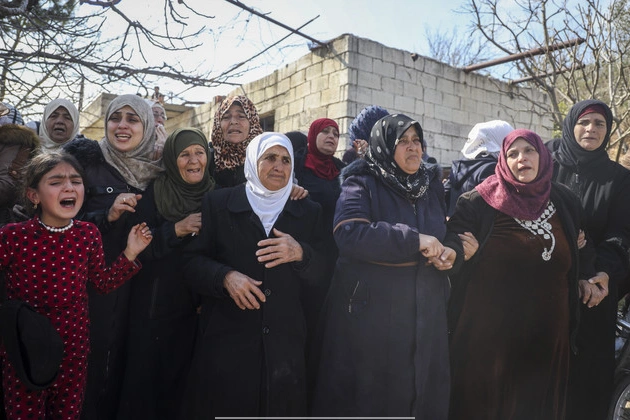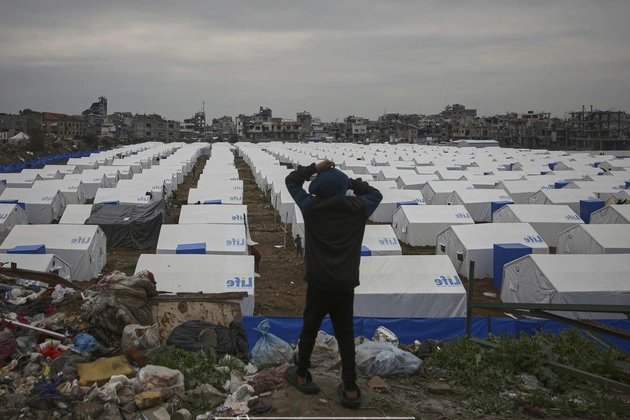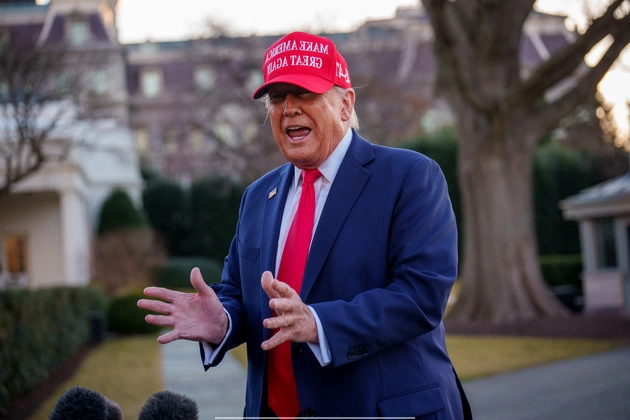
Remembering a Leader: Hassan Nasrallah’s Funeral
BEIRUT — Hundreds of thousands gathered in Beirut to pay tribute to Hezbollah’s former leader, Hassan Nasrallah, nearly five months after his tragic demise in an Israeli airstrike.
Nasrallah, a founding member of Hezbollah, led the organization for over three decades, playing a pivotal role in shaping the Iran-backed group into a formidable presence in the Middle East.
He gained prominence across the Arab world following Hezbollah’s resistance against Israel in the 2006 war. However, the group’s involvement in the Syrian civil war tarnished its reputation.
Despite enduring setbacks in conflicts with Israel, Hezbollah demonstrated its resilience with a massive turnout at Nasrallah’s funeral, dispelling notions of weakness.
Estimates of the crowd size varied, with some reports suggesting up to 1.4 million attendees. This overwhelming support reaffirmed Hezbollah’s standing as a dominant political force in Lebanon.
Ali Fayyad, a lawmaker from Hezbollah, emphasized the party’s enduring popularity, dismissing claims of its decline.
The funeral procession, which included Nasrallah’s cousin and successor Hashem Safieddine, culminated in Beirut, where Nasrallah was laid to rest. Safieddine’s burial followed in his southern Lebanese hometown.
As the coffins were paraded, mourners expressed their reverence by tossing flowers and clothing items, seeking blessings through contact.
International dignitaries, including officials from Iran, attended the funeral, underscoring Nasrallah’s regional influence.
While paying respects to Nasrallah, Irish activist Tara O’Grady voiced solidarity with Lebanon’s resistance against perceived oppressors, drawing parallels to historical figures.
The funeral proceedings were not without tension, as Israeli warplanes flew over Beirut, eliciting anti-Israel chants from the crowd. Israeli officials issued warnings in response to perceived threats.
Hezbollah’s commitment to its cause was reiterated by current Secretary-General Naim Kassem, who affirmed the group’s strength and resolve for victory.
Despite external pressures and internal challenges, Hezbollah continues to assert its presence in the region, advocating for the liberation of occupied territories.
Conclusion
The monumental funeral of Hassan Nasrallah serves as a testament to Hezbollah’s enduring legacy and influence. As the organization navigates geopolitical complexities, its commitment to resistance and liberation remains unwavering.















